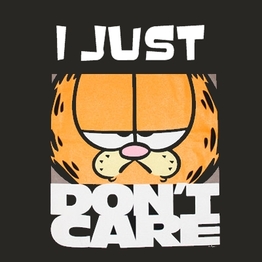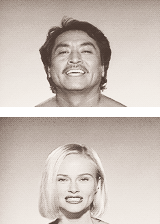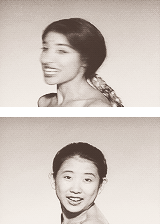
Opening an article with a quote from the teen film “Mean Girls” might imply shallowness or juvenileness, but it illustrated my point, so read on before you click away. I had long dinner with a friend in which we discussed a little bit of everything: race relations, politics, gender roles, music and life events in general. I couldn’t help but notice that after every topic, she said something to the effect of “I don’t know why you care so much.” Towards the end of the dinner she said “I think you stress out too much about things that don’t affect you directly.” To give a more specific instance, when were discussing gender roles she said “Who cares if there are couple of super-traditional men with sexist views? You just don’t marry that guy and you’ll be fine.” Considering sexism can affect how women are viewed & treated personally and institutionally, yeah, I should care. Even if sexism doesn’t blatantly damage my life specifically, I should care about how other women are treated simply because I too am a woman.
I’ve come across a lot of people with a similar approach as my friend to societal issues, and I just don’t get it. Maybe it’s because I’m very touchy about human suffering or that I came out of a counseling program that encouraged social awareness, sensitivity and advocacy, but it’s not in me to have a “not in my backyard” attitude. Just because something isn’t overtly impacting me, doesn’t mean it’s unimportant or that it will never get around to impacting me. Many young people have that attitude when it comes to politics. Even though they’re old enough to vote, they don’t participate in the process because the political issues don’t seem to affect them currently. They’re not thinking about it, but one president’s decisions can affect the country’s well-being for years to come, eventually affecting their livelihood as they get older. In my opinion, a selfish “not in my backyard” attitude is part of the reason why our society is so jacked up and social injustice continues to exist. When you advocate for someone else, you advocate for yourself because it could easily be you that’s getting the short end of the stick. Furthermore, if you ever do hit an obstacle, you’re going to wish someone gave a darn to stand up for or help you. Anytime you turn a blind-eye to injustice or inequality, you ARE potentially responsible for human suffering. It IS your problem. We are all humans. What goes around comes around. Realize and embrace the power of the energy you put out (or don’t put out) into the world. It’s the ripple effect at its best. Below is a video about a social issue that many turn a blind-eye to. Watch the effect of blindness. What if YOU or someone you loved were the young man in this clip?




 RSS Feed
RSS Feed